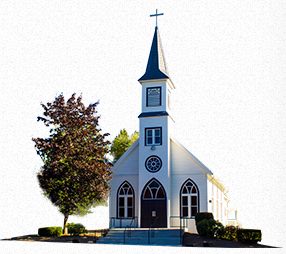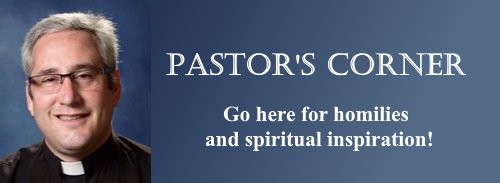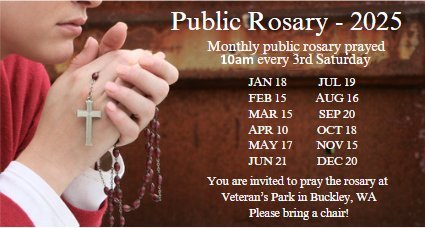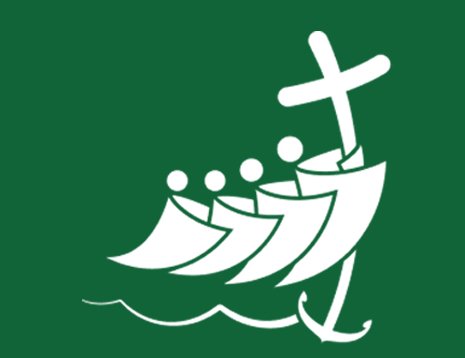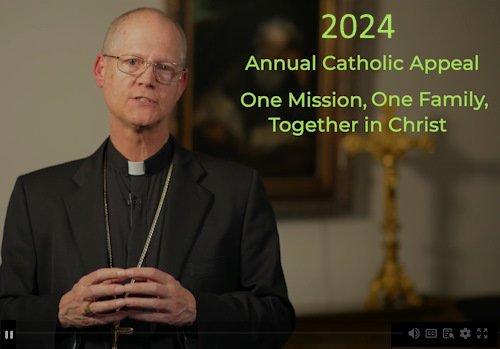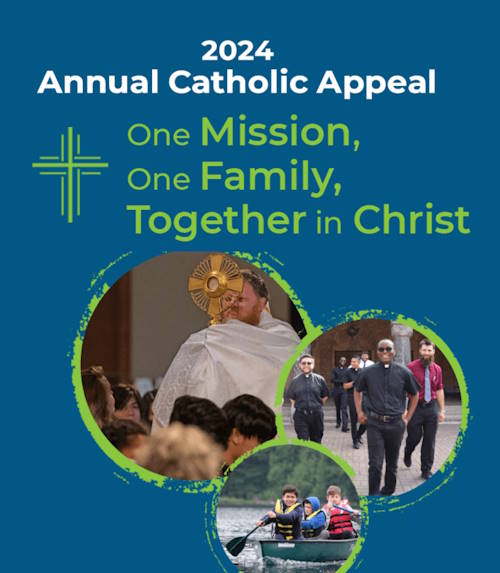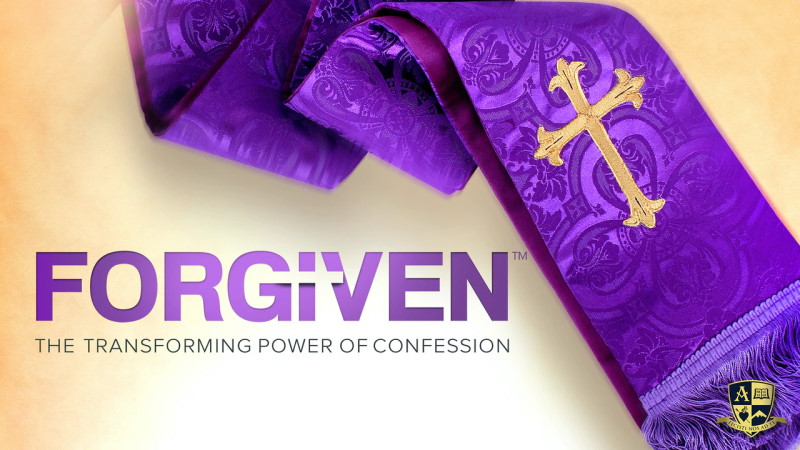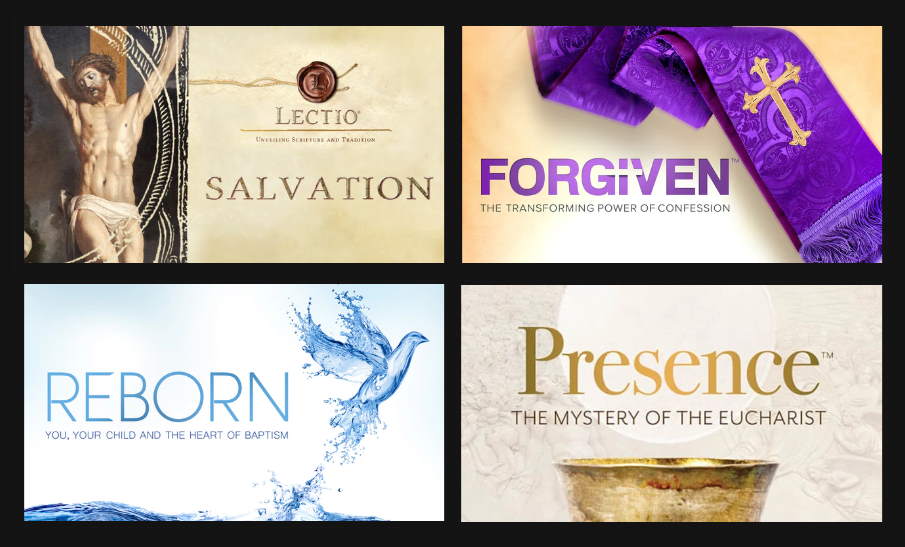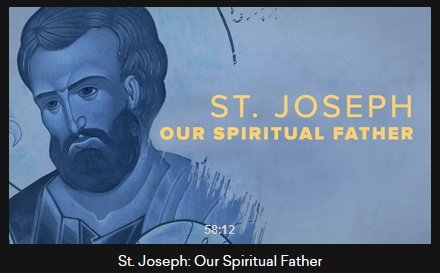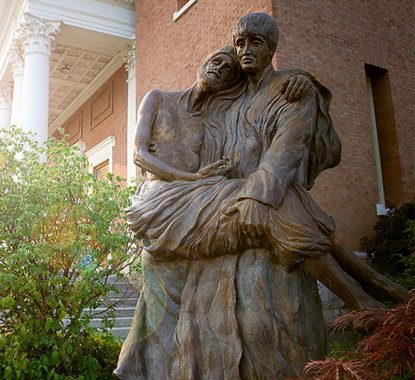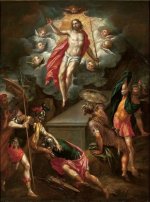Sufficiency Of Christ In Our Lives
Homily 01 17 2016
2nd Sunday in OT - C
Homily 01 17 2016
2nd Sunday in OT - C
View the Readings for this day
Johnny Carson (who hosted the Tonight Show for 30 years), was interviewing an eight-year-old boy one night. The young man was asked to appear on the Late Show because he had rescued two friends from a coal mine outside his hometown in West Virginia.
As Johnny questioned him, it became apparent that the boy was a Christian.
Johnny asked him if he attended Sunday school. When the boy said he did, Johnny inquired, "What are you learning in Sunday school?" "Last week,” the boy replied, “our lesson was about how Jesus went to a wedding and turned water into wine."
The audience burst into laughter and applause. Keeping a straight face, Johnny asked, "And what did you learn from that story?" The boy squirmed in his chair. It was apparent he hadn't thought about this. But then he lifted up his face and said, "If you're going to have a wedding, make sure you invite Jesus and Mary!"
And that is precisely the message of today’s Gospel: make sure you invite Jesus and Mary wherever you live and wherever you go – they are the only ones you'll ever need. In other words, today's Gospel lesson is about the sufficiency of Christ in our lives and the power of his Mother’s intercession.
We heard Mary say to Jesus: “They are out of wine.”
She walked back into the house and said softly to the servants, “I know you need some help. Just do whatever Jesus asks you to do.” They looked bewildered but nodded their heads.
After a while, Mary saw Jesus return to the house with a deep serenity in his eyes. He walked up to two servants and gestured to the water jars lining the walls. “Fill these with water.” They were confused – the ceremonial washings were already over. Who needed more water in these jars? But they did as he asked.
“Now, draw out a cup” he said gently, “and take it to the headwaiter.” He walked back to his table. It made no sense but they remembered Mary’s words and so carried a brimming cup to the headwaiter. He took a sip, glanced over at their full jars and smiled for the first time today. “Where did you get this?” The two servants looked at each other open-mouthed but the steward didn’t wait for an answer.
Mary watched as the headwaiter called the groom over and chuckled in relief. “You have this magnificent wine – and you saved it? When I serve a wedding, I usually use the best wine at the beginning but this is a perfect taste – and you saved it for so late in the feast!”
She watched the bridegroom’s puzzled face but the steward had already turned away, giving orders to the servants to serve the wine. The music began again and the bridegroom shrugged and rejoined the festivities.
Mary felt joy and peace. As she moved to rejoin the women’s table, she glanced over at the servants. They were whispering to other servants and pointing to Jesus. It had begun.
His life would never be the same. Neither would hers.
She sat on the end of the bench and paused for just a second, quietly opening her hands on her lap, whispering, “Behold, I am the handmaid of the Lord.” Then she turned back to the women at the table.
All of us remember the story of the old alcoholic who ended his addiction. When asked about Jesus’ miracle of turning the water into wine replied, “I don’t know about that, but I do know that in my house Jesus changed whiskey into furniture.” Many millions of people over the centuries have experienced that kind of transformation at the hand of Christ. The miracle of Cana gives us that lesson
J. D. Salinger’s third book, Franny and Zooey (1961), was originally a series of two stories in The New Yorker in 1955 and 1957. There is a scene in the book in which Franny, a 20-year-old theology major, has just come home from college for a long weekend in November 1955.
She’s a nervous wreck. Her concerned mother, Bessie Glass, brings her a cup of chicken soup. Franny, unhappy, impatient, depressed, pushes the steaming cup of soup away.
Franny’s brother Zooey sees this rejection and is indignant. “I’ll tell you one thing, Franny,” he says. "If it’s theology and religious life you’re studying, you ought to know that you are missing out on every single religious action that’s going on in this house.You don’t have enough sense to drink of cup of consecrated chicken soup, which is the only kind of chicken soup that Mom ever brings to anybody!"
What was Franny missing?
The kitchen is the church. The mother is a priest. The soup is a sacrament; an external sign of God’s healing grace. The pouring out of the soup is a healing. “Mom’s chicken soup” is “poured out” as a sacrament to soothe the soul, to quash the queasiness of a depressed daughter.
That is why we read in today’s Gospel that when the first cup of wine was poured out at the Cana wedding and offered to the steward of the banquet, the wedding feast was transformed.
jjl
